Interview with Zac Hollis, Director, Skoda Auto India
We know that the production version of the Vision IN Concept, which was shown recently at the 2020 Auto Expo, will be the first product to hit the market in Q2 of next year. What is the second product on the MQB-A0IN platform?
Skoda has taken the lead in the ‘India 2.0’ project of the VW Group. It’s a €1 billion investment and, of course, there are a bunch of new models planned. That must be a lot of responsibility on the shoulders of the brand – and even more so now, with the crisis being what it is?
It’s great that Skoda has got this lead & responsibility. What we’ve got to make sure now is that we deliver these cars on time. At the moment, it is clearly a challenge because we rely on bringing in specialist knowledge from Europe in terms of production and gearing up the factory. We’re also relying on bringing tools from certain countries in Europe & Asia that are needed for our production lines.
There will be some impact. The challenge that the team has taken on is that they will try and stick to the roll-out plans that we already have, which is Q2 2021 for the first car. At the moment, we don’t see a risk but, of course, anything can happen. We’re working all the time to try and get the parts & components over and also to bring the specialist knowledge & expertise as soon as we can.
We know that the production version of the Vision IN Concept, which was shown recently at the 2020 Auto Expo, will be the first product to hit the market in Q2 of next year. What is the second product on the MQB-A0IN platform?
The second product is a mid-size sedan. I have seen the car and it is absolutely fantastic! I think it will stop the drop that is happening in the sedan segment in India right now. We’ll bring in this sedan before the end of 2021.
You’ve also got the Karoq that is due for launch as well as the Superb facelift. Will these models launch post the lockdown?
We had a really good plan of rolling out these cars one-by-one. However, all that has been dropped for now and our plan now is to launch all three cars together as soon as we can! So, if we talk about cars like the Karoq, which you know is a CBU – a fully imported unit – we already have 400 cars in the country and the rest will come in as soon as the factory is open in early May. So, we have no issue with the cars coming over. The Superb facelift is being made in our Aurangabad facility, and the really important car for us is the Rapid TSI. We already had the car in production before the lockdown happened and, of course, the production will resume once again as soon as the lockdown lifts. The Rapid has a great 1.0-litre TSI engine and a 6-speed manual gearbox. Therefore, I have great confidence in that car going ahead. We have new products, which is also very important. Despite being in this bridging period, concerning the India 2.0 Project, we are still bringing in new products.
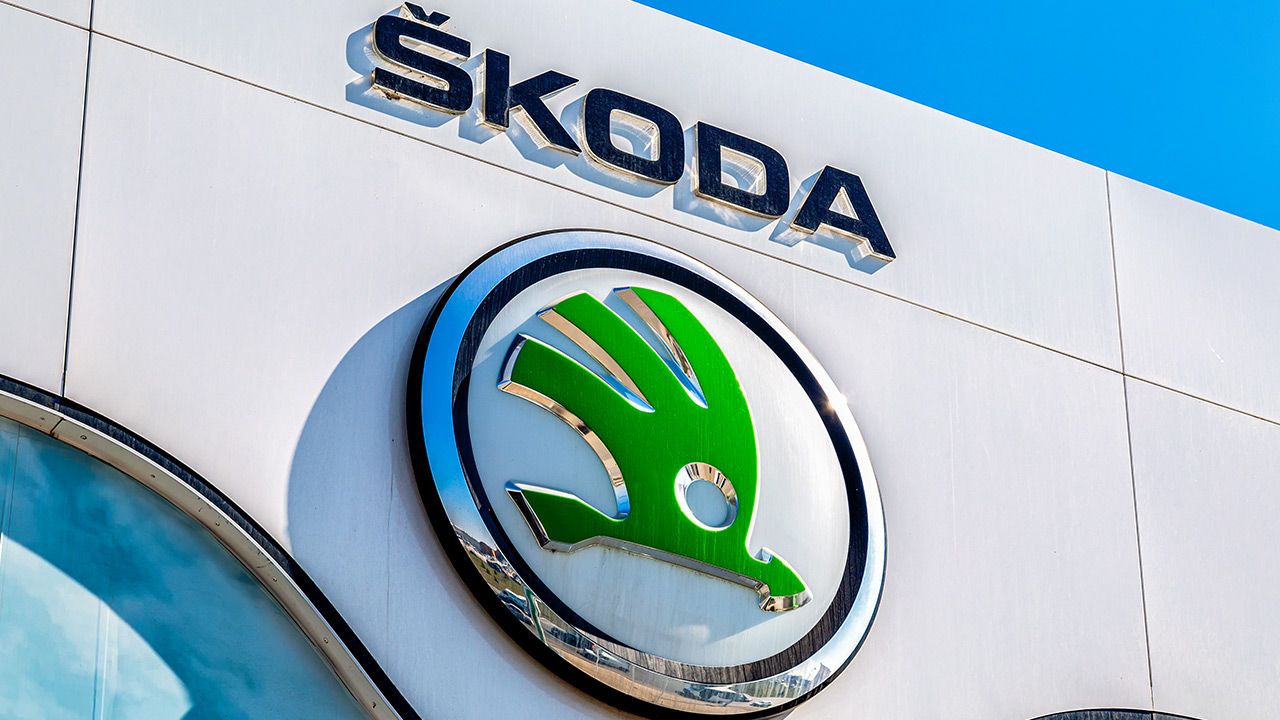
Do you think there will be any change in the EV adoption rate? Will it pick up or go the other way around, basis the current crisis and what’s happening with oil prices?
I don’t think it’s going to have any impact. In the long-term, the adoption will happen. But, of course, as before, it needs government policy to make it happen and it needs infrastructure in place. I think we also need batteries to be manufactured in India, because, then, of course, we can bring the prices down, and the whole thing becomes much more affordable.
At the moment, what we’ve got in India are some niche models for early adopters. That’s the problem right now. I think it will continue like this for a while and the market will eventually pick-up. If you look at markets like China, where I spent the last four years before I came to India, where we have a very high demand for EVs, government subsidies are present. And, even in China, they are reducing the subsidies now because the government simply can’t sustain these levels.
Eventually, it will come for sure. I don’t think this will have a bearing on that in the long-term.
What’s the future of the RS in the country? The current 200 units that you have are sold out, and the next gen is going hybrid, so it’ll be even more expensive when it does come to India?
The RS has been a tremendous success for India, it has a loyal following. When we opened the orders, within an hour, we had sold about 100 cars. And I have to say here that, even right now, there are still a few cars left due to the slowdown caused right before the lockdown. However, I’m certain that we’ll sell all 200 units in no time, once normal operations resume.
When it comes to the long-term issue on RS, what we’ve had to do so far is bring in CBUs. To get an affordable RS, we need to localise it. And this is a real challenge due to not enough demand to initiate localisation. So, I think the RS, on the Octavia, will remain an exclusive CBU entity. But I do like the RS brand & badge a lot, and if I do get a chance to localise any bit of it for India, I’d be very happy to do so. However, for the Octavia, it’s a big ask. I don’t see it happening.
And do you see any light at the end of the tunnel?
Well, I’m hoping that come the summer, things will look a lot better in India and worldwide. The markets will start to open up, businesses will start to improve and I think we’ll see things improve quite quickly. In India, by the time we get to the festive season, that is October-November, I think things will be slightly better and people will go out & buy new cars.
Also read - Interview with Balbir Singh Dhillon, Head, Audi India
Interview with Steffen Knapp, Director, Volkswagen Passenger Cars India
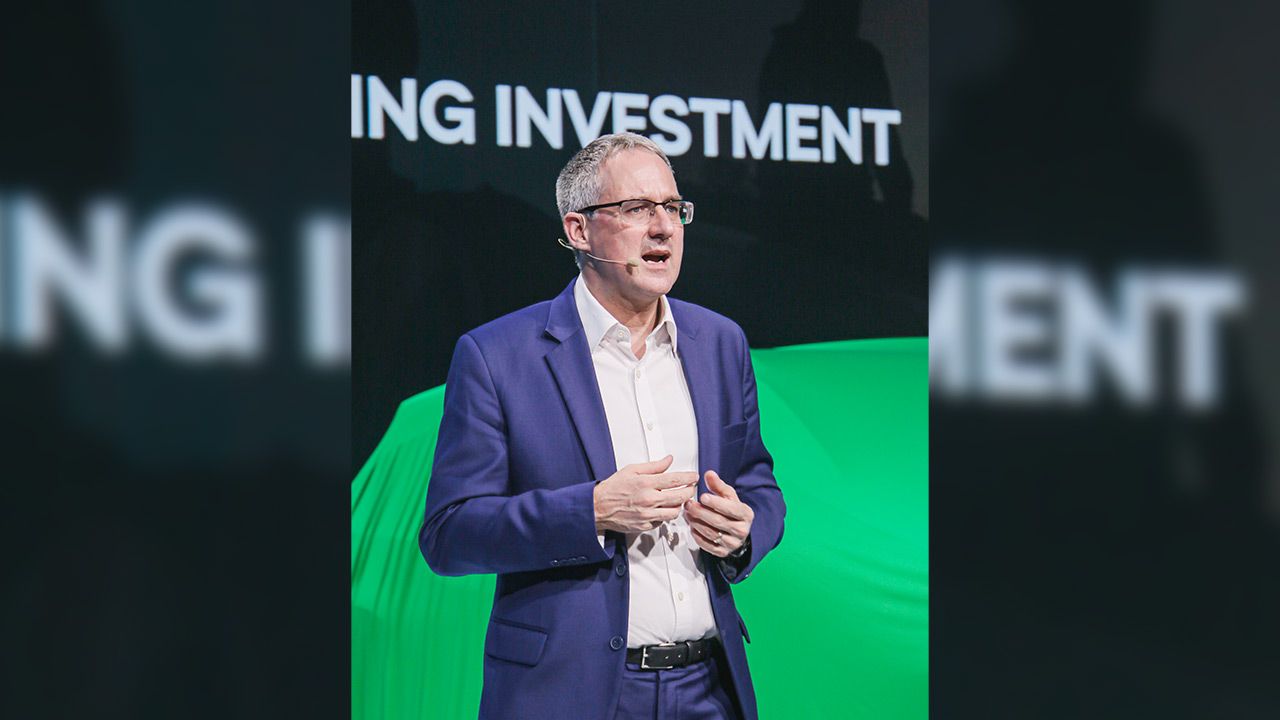
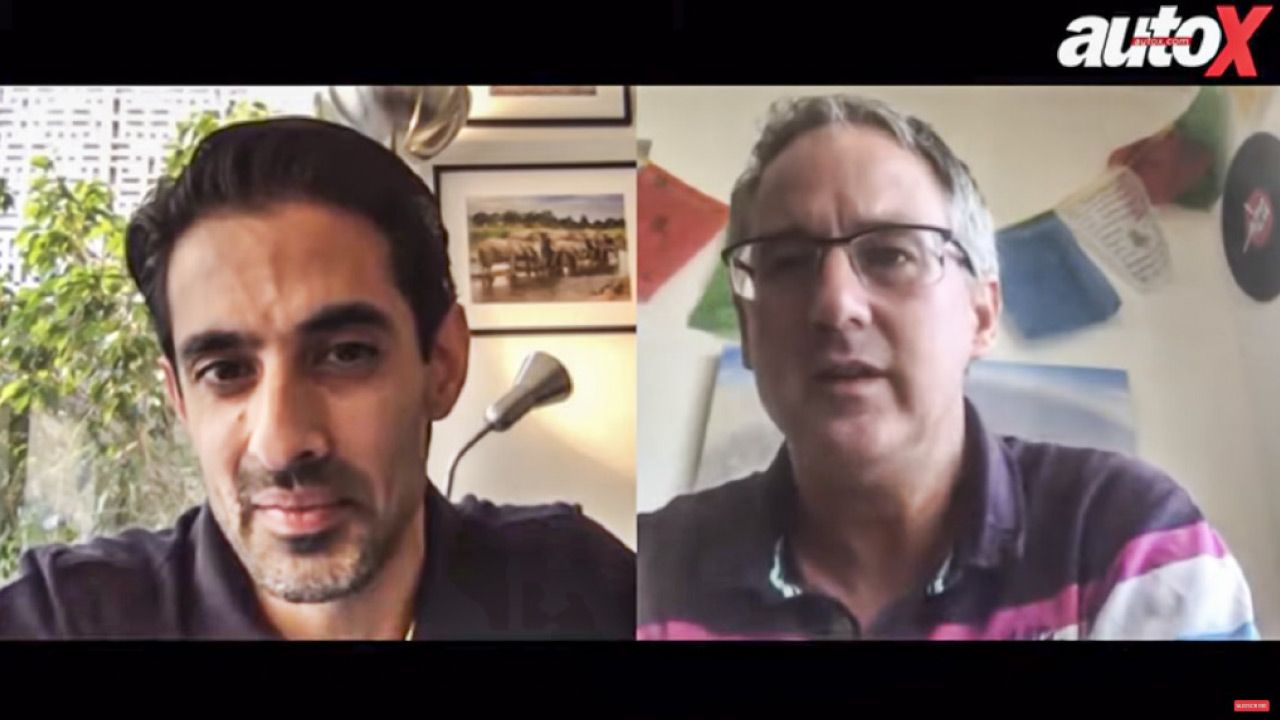
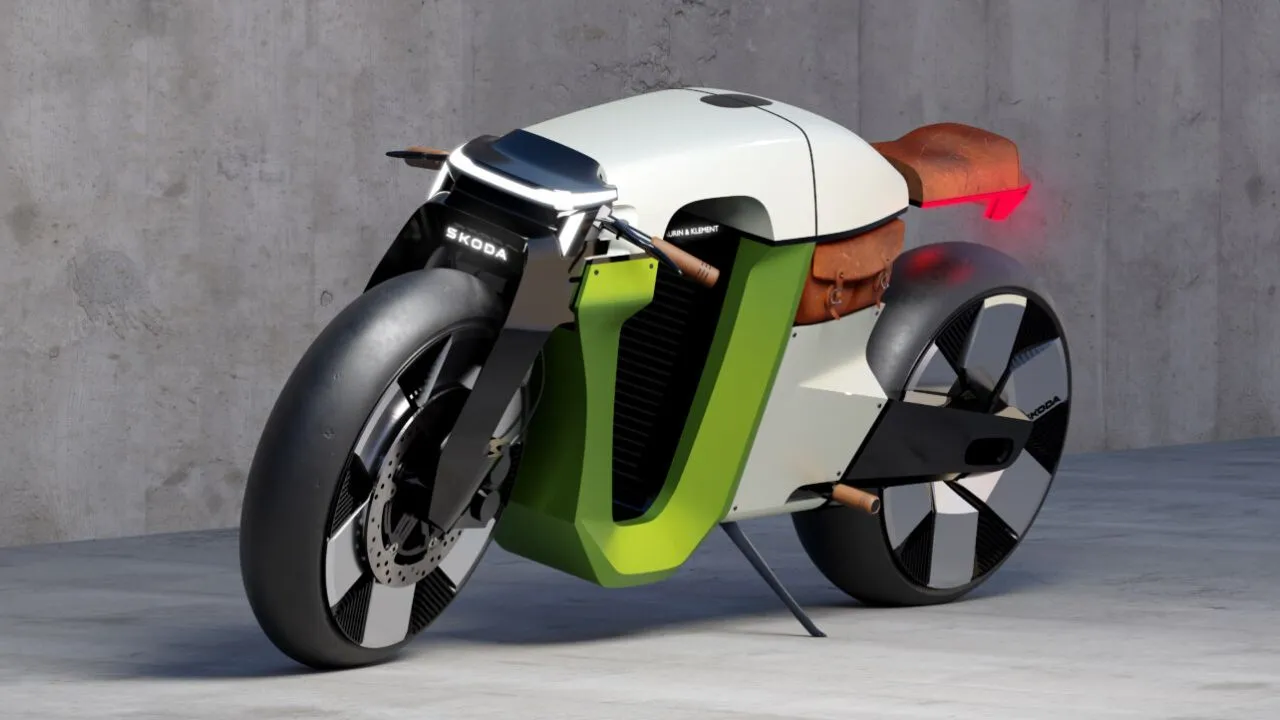
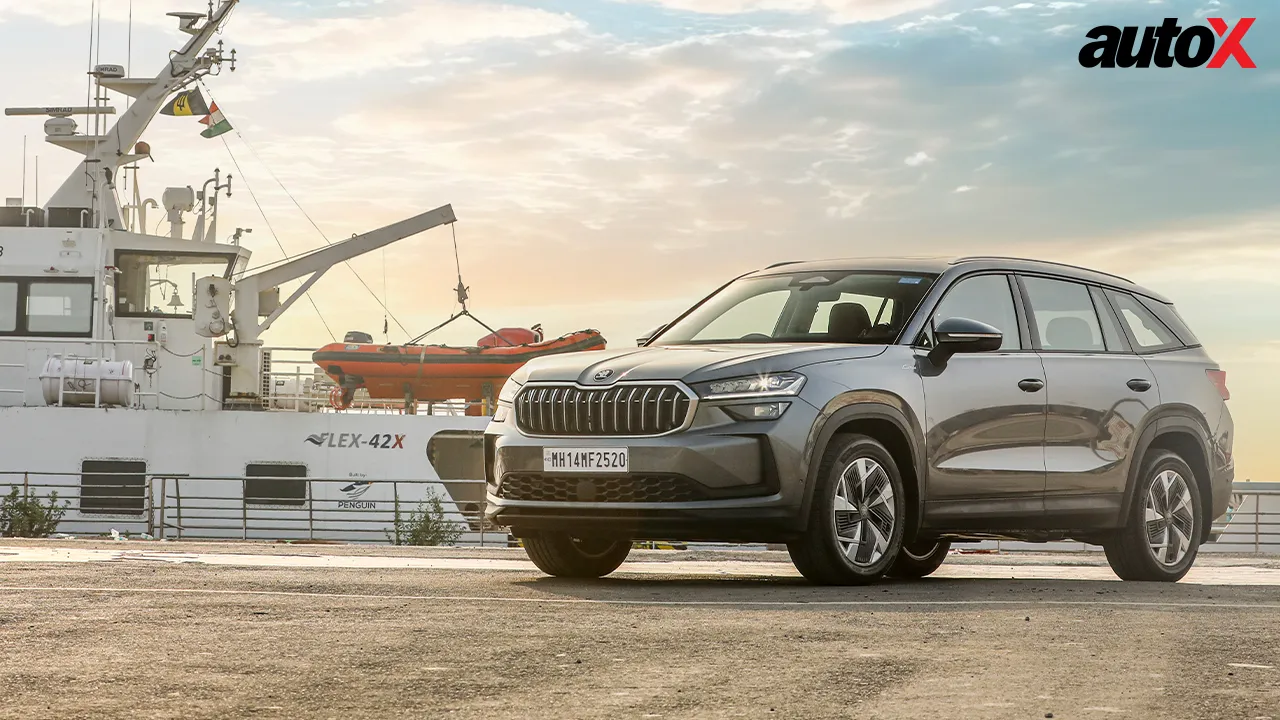
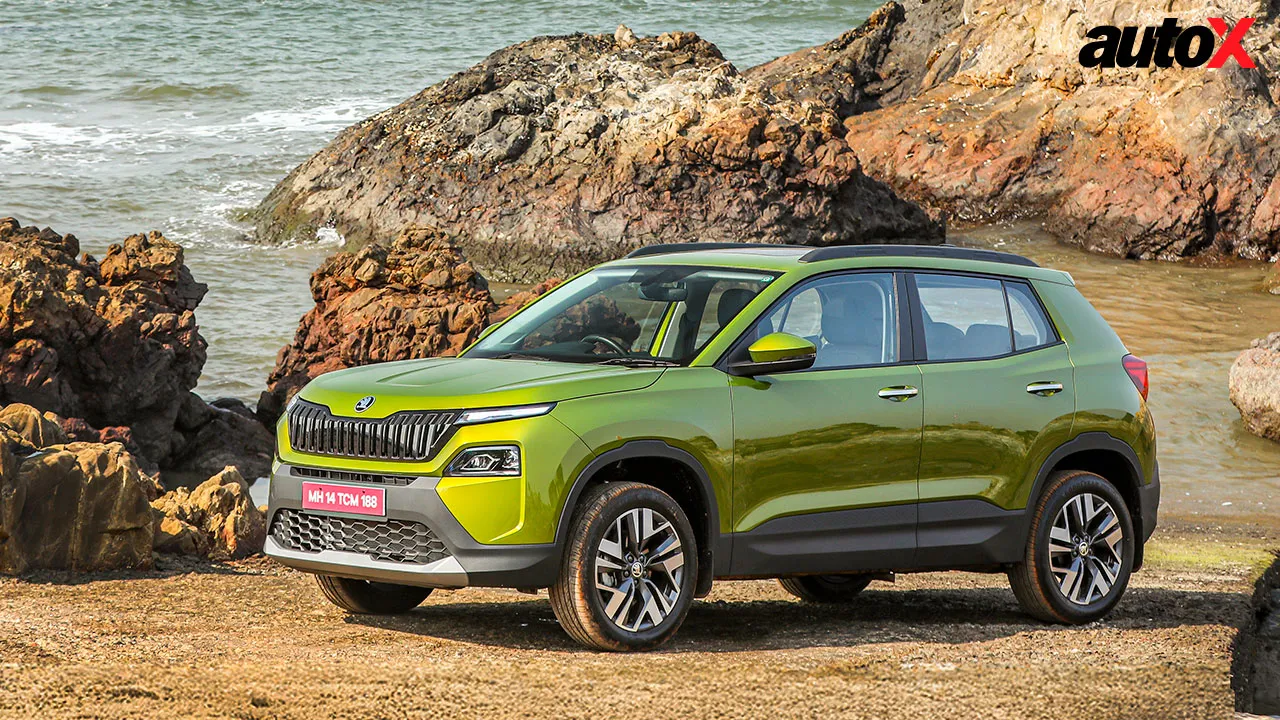


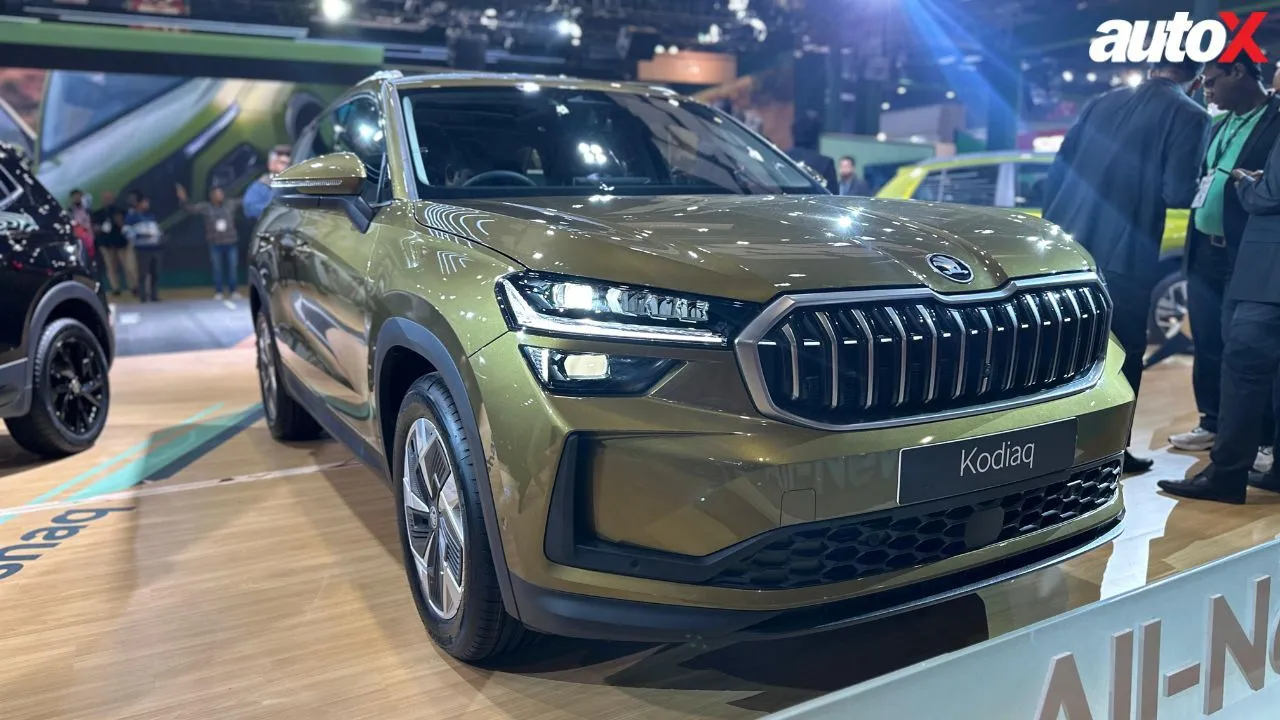
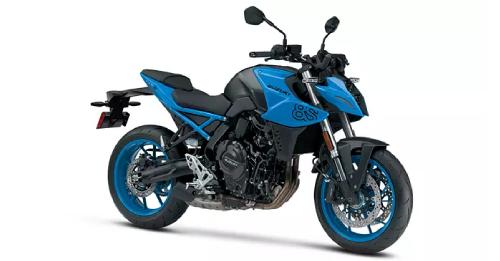
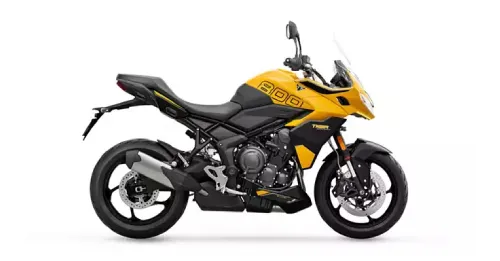
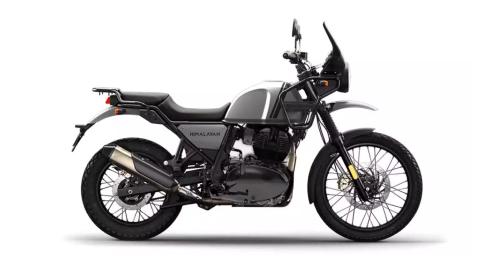
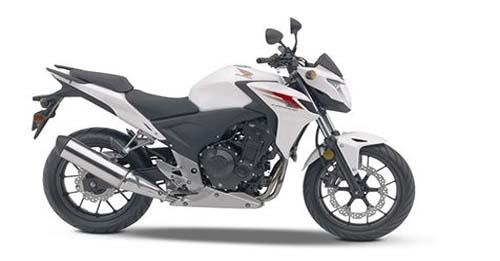
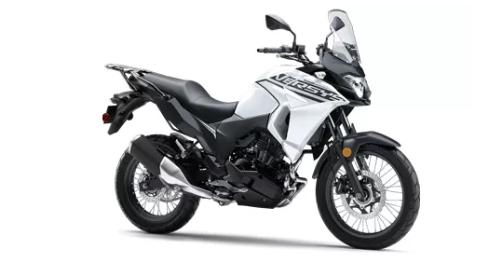
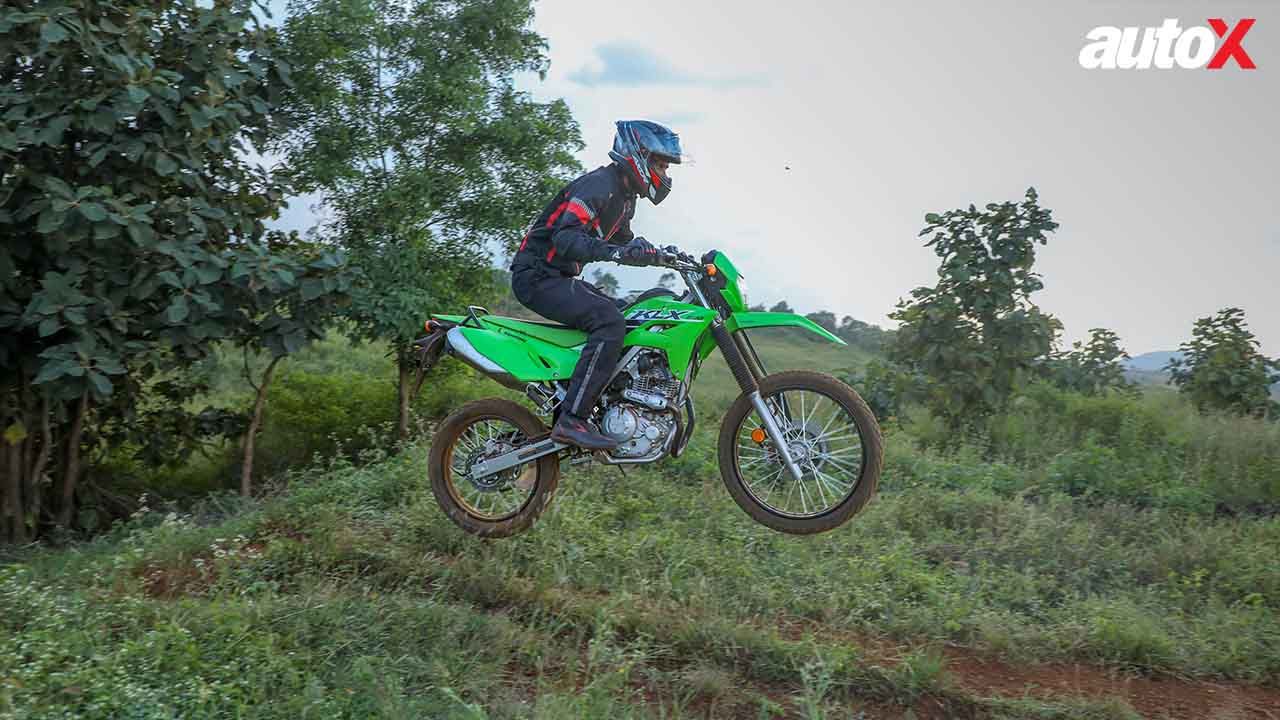
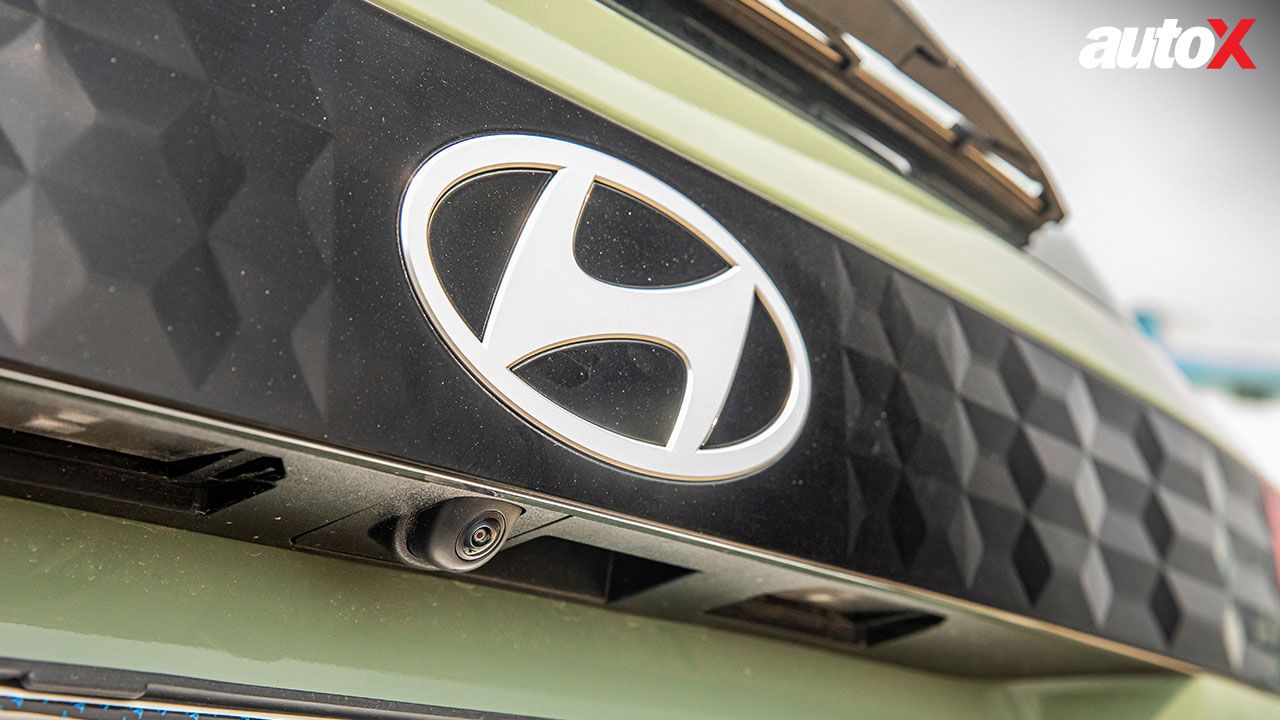
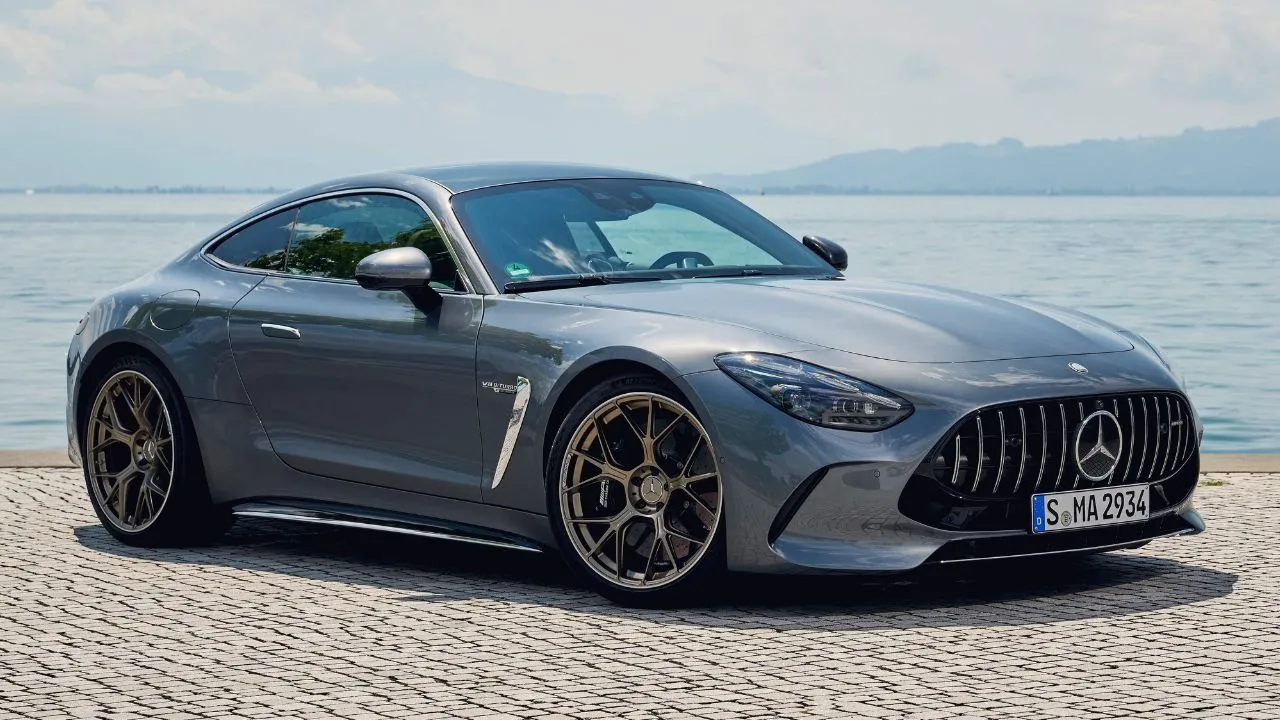
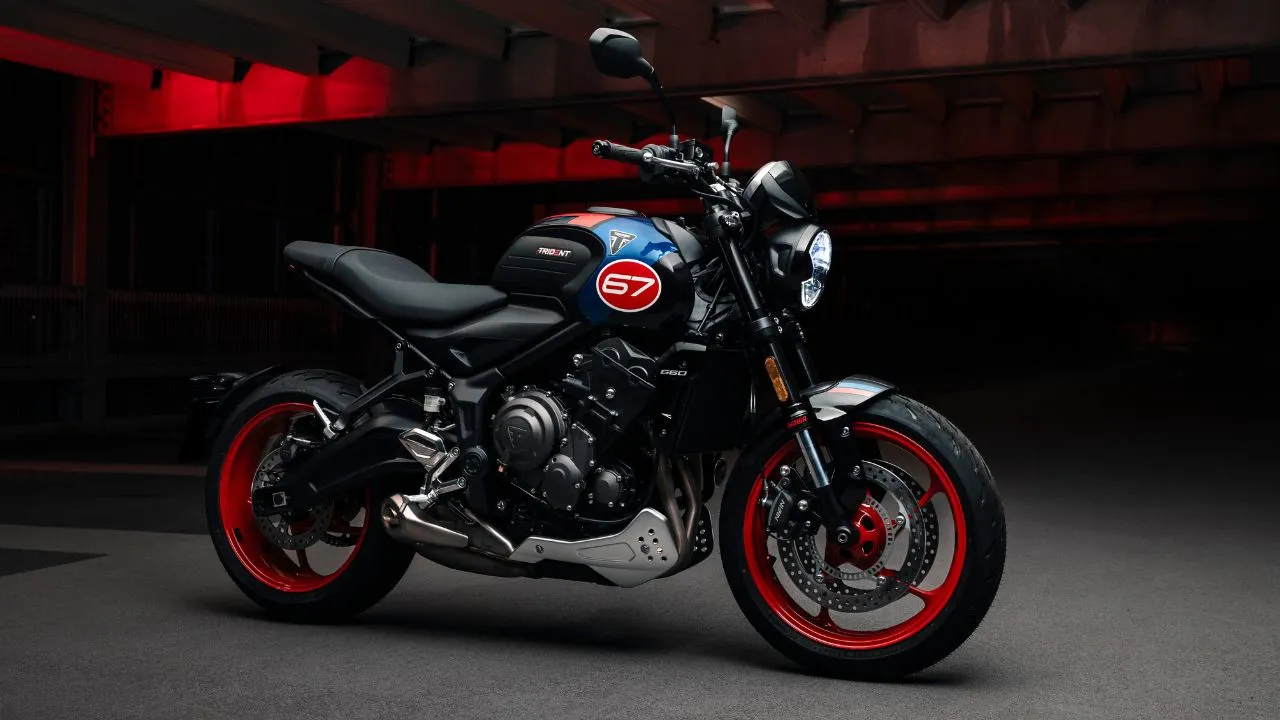
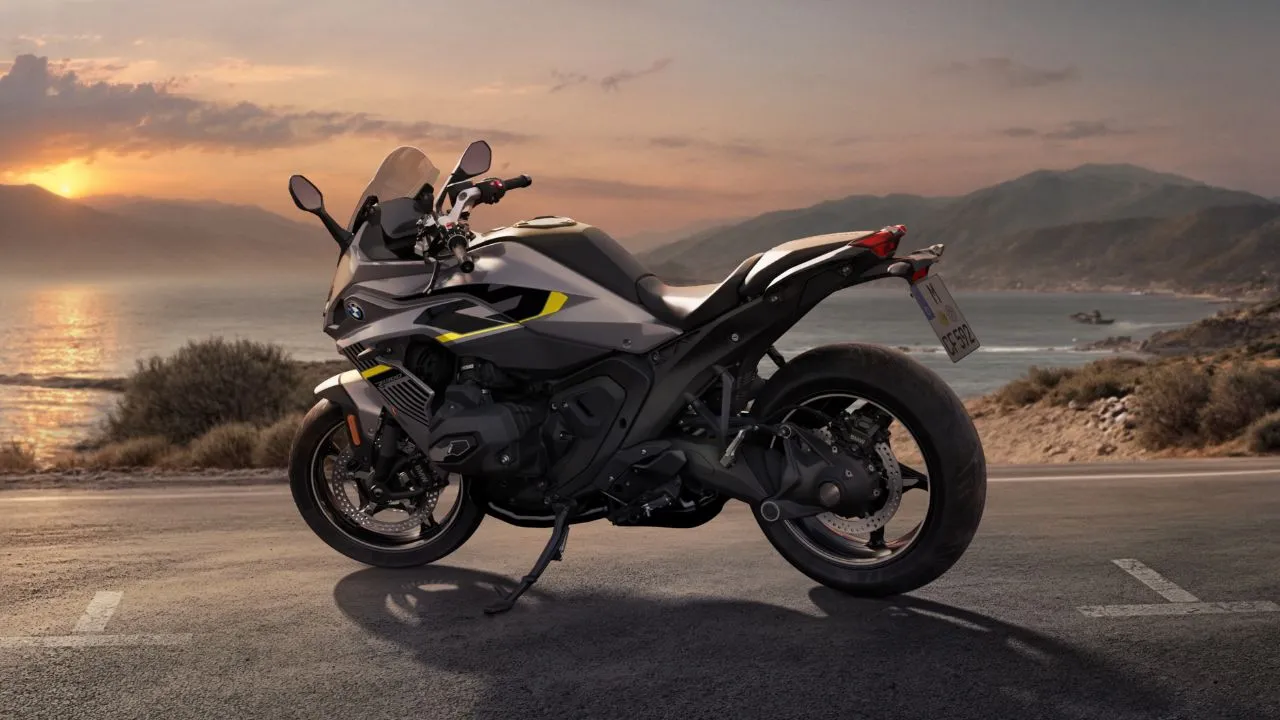
Write your Comment on